How Christianity invented children
The next time you coo over a baby photo, thank God

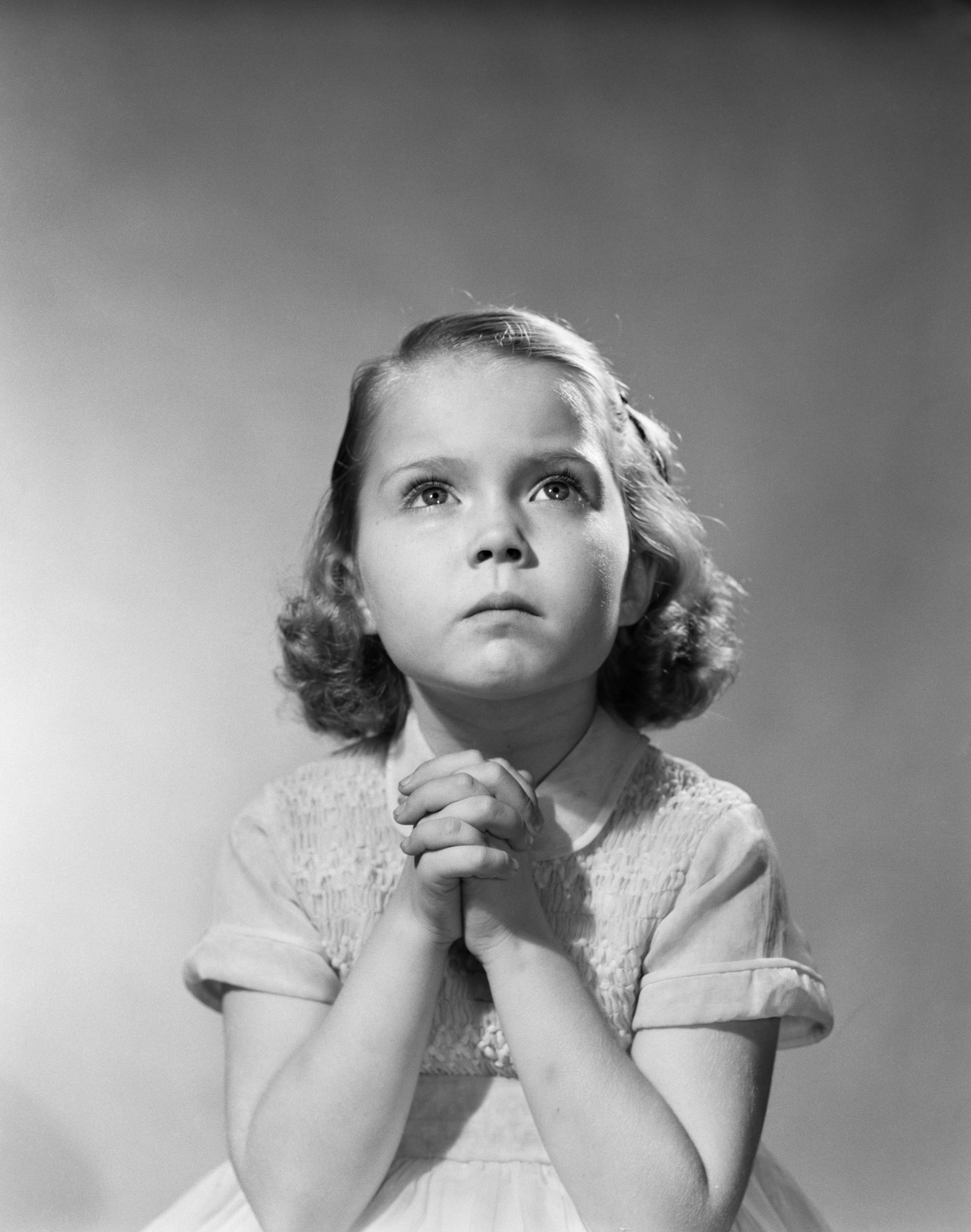
A free daily email with the biggest news stories of the day – and the best features from TheWeek.com
You are now subscribed
Your newsletter sign-up was successful
We have forgotten just how deep a cultural revolution Christianity wrought. In fact, we forget about it precisely because of how deep it was: There are many ideas that we simply take for granted as natural and obvious, when in fact they didn't exist until the arrival of Christianity changed things completely. Take, for instance, the idea of children.
Today, it is simply taken for granted that the innocence and vulnerability of children makes them beings of particular value, and entitled to particular care. We also romanticize children — their beauty, their joy, their liveliness. Our culture encourages us to let ourselves fall prey to our gooey feelings whenever we look at baby pictures. What could be more natural?
In fact, this view of children is a historical oddity. If you disagree, just go back to the view of children that prevailed in Europe's ancient pagan world.
The Week
Escape your echo chamber. Get the facts behind the news, plus analysis from multiple perspectives.

Sign up for The Week's Free Newsletters
From our morning news briefing to a weekly Good News Newsletter, get the best of The Week delivered directly to your inbox.
From our morning news briefing to a weekly Good News Newsletter, get the best of The Week delivered directly to your inbox.
As the historian O.M. Bakke points out in his invaluable book When Children Became People, in ancient Greece and Rome, children were considered nonpersons.
Back then, the entire social worldview was undergirded by a universally-held, if implicit, view: Society was organized in concentric circles, with the circle at the center containing the highest value people, and the people in the outside circles having little-to-no value. At the center was the freeborn, adult male, and other persons were valued depending on how similar they were to the freeborn, adult male. Such was the lot of foreigners, slaves, women...and children.
High infant mortality rates created a cultural pressure to not develop emotional attachments to children. This cultural pressure was exacerbated by the fact that women were more likely to develop emotional attachments to children — which, according to the worldview of the day, meant it had to be a sign of weakness and vulgarity.
Various pagan authors describe children as being more like plants than human beings. And this had concrete consequences.
A free daily email with the biggest news stories of the day – and the best features from TheWeek.com
Well-to-do parents typically did not interact with their children, leaving them up to the care of slaves. Children were rudely brought up, and very strong beatings were a normal part of education. In Rome, a child's father had the right to kill him for whatever reason until he came of age.
One of the most notorious ancient practices that Christianity rebelled against was the frequent practice of expositio, basically the abandonment of unwanted infants. (Of course, girls were abandoned much more often than boys, which meant, as the historical sociologist Rodney Stark has pointed out, that Roman society had an extremely lopsided gender ratio, contributing to its violence and permanent tension.)
Another notorious practice in the ancient world was the sexual exploitation of children. It is sometimes pointed to paganism's greater tolerance (though by no means full acceptance) of homosexuality than Christianity as evidence for its higher moral virtue. But this is to look at a very different world through distorting lenses. The key thing to understand about sexuality in the pagan world is the ever-present notion of concentric circles of worth. The ancient world did not have fewer taboos, it had different ones. Namely, most sexual acts were permissible, as long as they involved a person of higher status being active against or dominating a person of lower status. This meant that, according to all the evidence we have, the sexual abuse of children (particularly boys) was rife.
Think back on expositio. According to our sources, most abandoned children died — but some were "rescued," almost inevitably into slavery. And the most profitable way for a small child slave to earn money was as a sex slave. Brothels specializing in child sex slaves, particularly boys, were established, legal, and thriving businesses in ancient Rome. One source reports that sex with castrated boys was regarded as a particular delicacy, and that foundlings were castrated as infants for that purpose.
Of course, the rich didn't have to bother with brothels — they had all the rights to abuse their slaves (and even their children) as they pleased. And, again, this was perfectly licit. When Suetonius condemns Tiberius because he “taught children of the most tender years, whom he called his little fishes, to play between his legs while he was in his bath” and “those who had not yet been weaned, but were strong and hearty, he set at fellatio,” he is not writing with shock and horror; instead, he is essentially mocking the emperor for his lack of self-restraint and enjoying too much of a good thing.
This is the world into which Christianity came, condemning abortion and infanticide as loudly and as early as it could.
This is the world into which Christianity came, calling attention to children and ascribing special worth to them. Church leaders meditated on Jesus' instruction to imitate children and proposed ways that Christians should look up to and become more like them.
Like everything else about Christianity's revolution, it was incomplete. For example, Christians endorsed corporal punishment for far too long. (Though even in the fourth century, the great teacher St John Chrysostom preached against it, on the grounds of the victim's innocence and dignity, using language that would have been incomprehensible to, say, Cicero.)
But really, Christianity's invention of children — that is, its invention of the cultural idea of children as treasured human beings — was really an outgrowth of its most stupendous and revolutionary idea: the radical equality, and the infinite value, of every single human being as a beloved child of God. If the God who made heaven and Earth chose to reveal himself, not as an emperor, but as a slave punished on the cross, then no one could claim higher dignity than anyone else on the basis of earthly status.
That was indeed a revolutionary idea, and it changed our culture so much that we no longer even recognize it.
Pascal-Emmanuel Gobry is a writer and fellow at the Ethics and Public Policy Center. His writing has appeared at Forbes, The Atlantic, First Things, Commentary Magazine, The Daily Beast, The Federalist, Quartz, and other places. He lives in Paris with his beloved wife and daughter.
-
 How the FCC’s ‘equal time’ rule works
How the FCC’s ‘equal time’ rule worksIn the Spotlight The law is at the heart of the Colbert-CBS conflict
-
 What is the endgame in the DHS shutdown?
What is the endgame in the DHS shutdown?Today’s Big Question Democrats want to rein in ICE’s immigration crackdown
-
 ‘Poor time management isn’t just an inconvenience’
‘Poor time management isn’t just an inconvenience’Instant Opinion Opinion, comment and editorials of the day
-
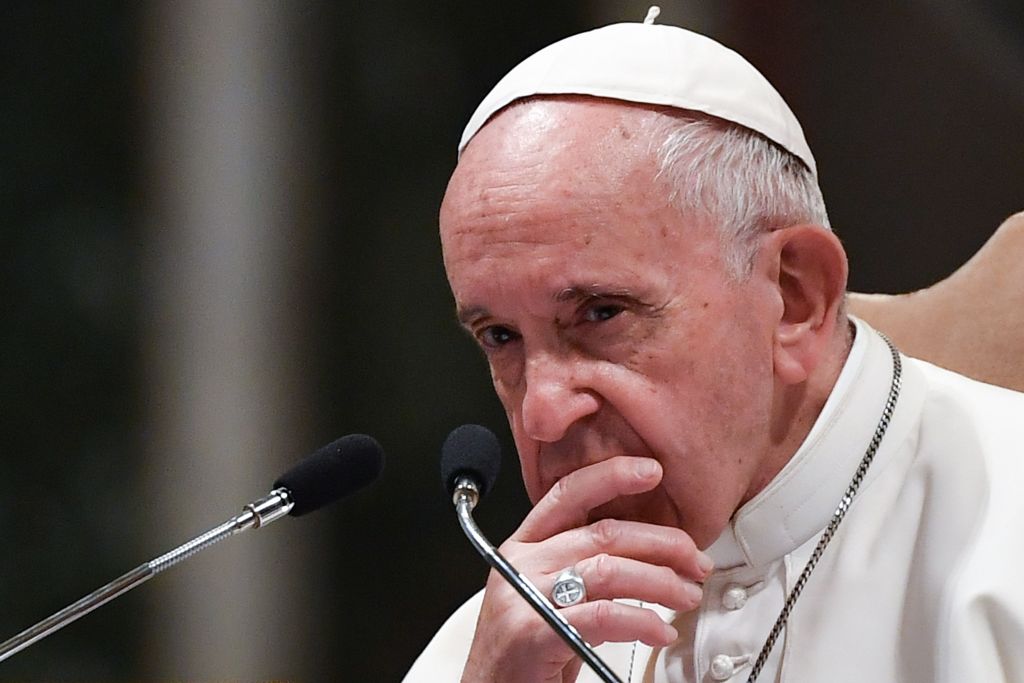 Pope Francis speaks about sex abuse scandals, Trump, and his conservatism
Pope Francis speaks about sex abuse scandals, Trump, and his conservatismSpeed Read
-
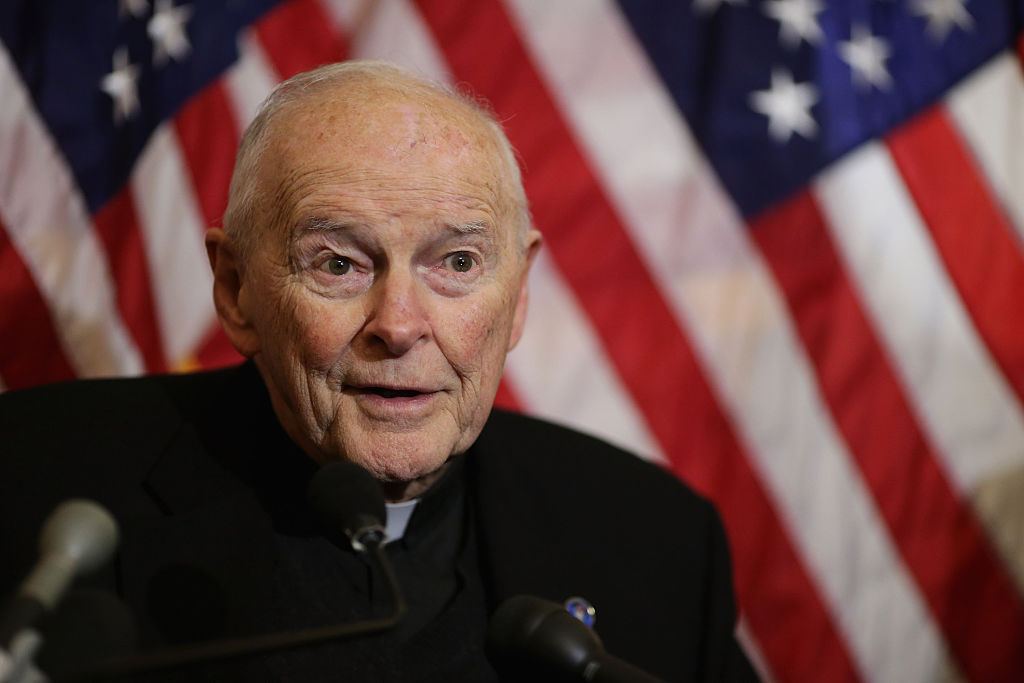 Pope Francis makes unprecedented decision in defrocking Theodore McCarrick
Pope Francis makes unprecedented decision in defrocking Theodore McCarrickSpeed Read
-
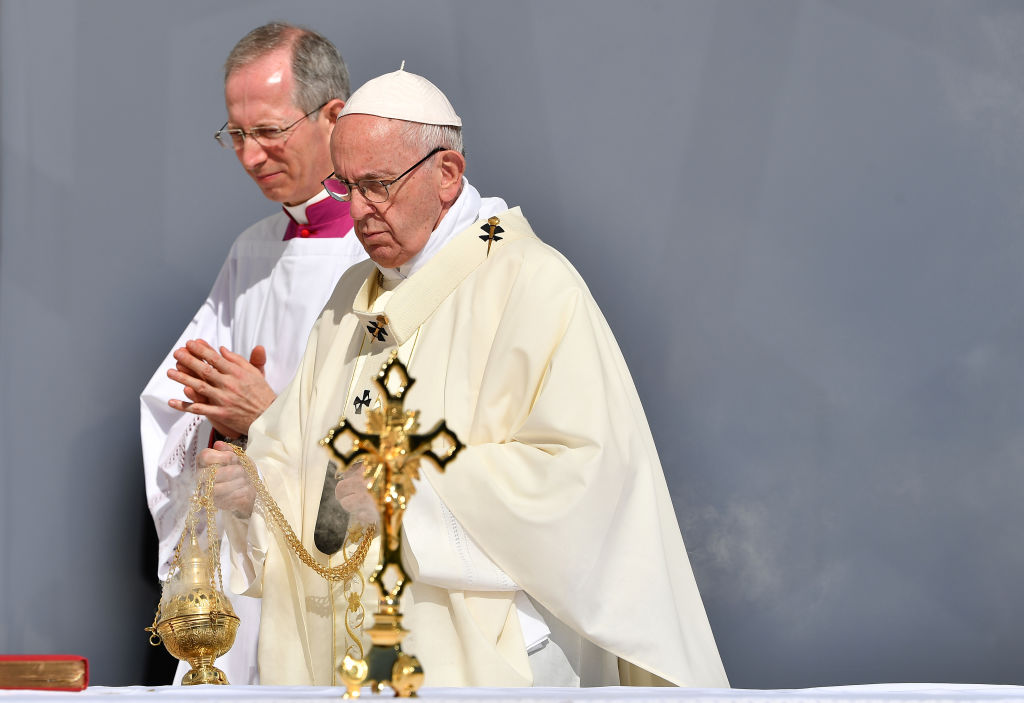 For the first time, Pope Francis publicly admits priests and bishops have sexually abused nuns
For the first time, Pope Francis publicly admits priests and bishops have sexually abused nunsSpeed Read
-
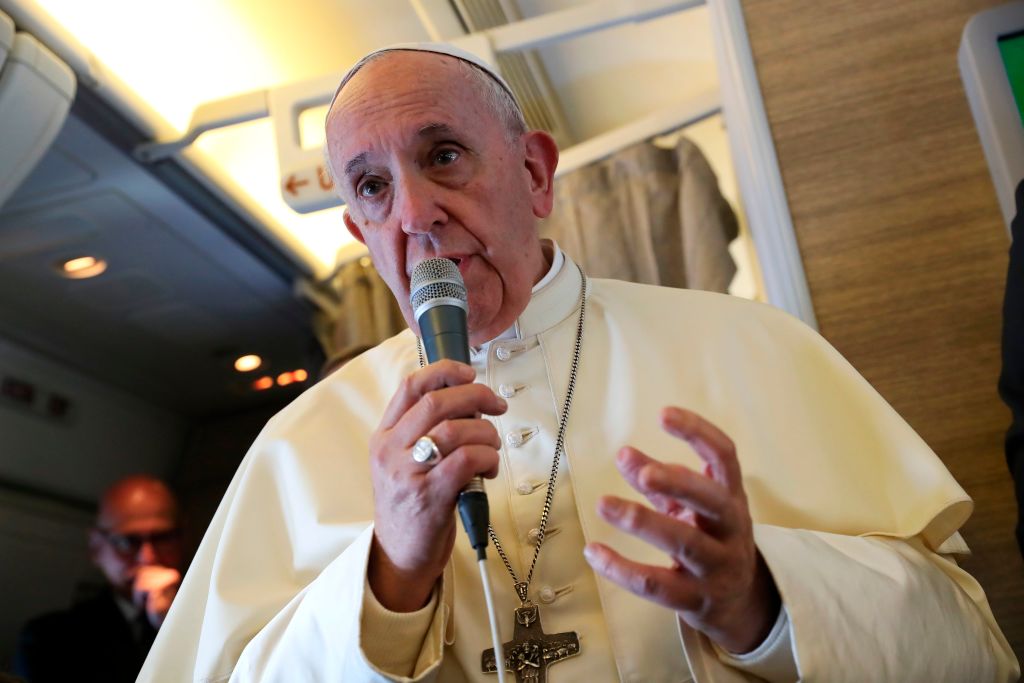 Pope Francis calls for peace in Yemen
Pope Francis calls for peace in YemenSpeed Read
-
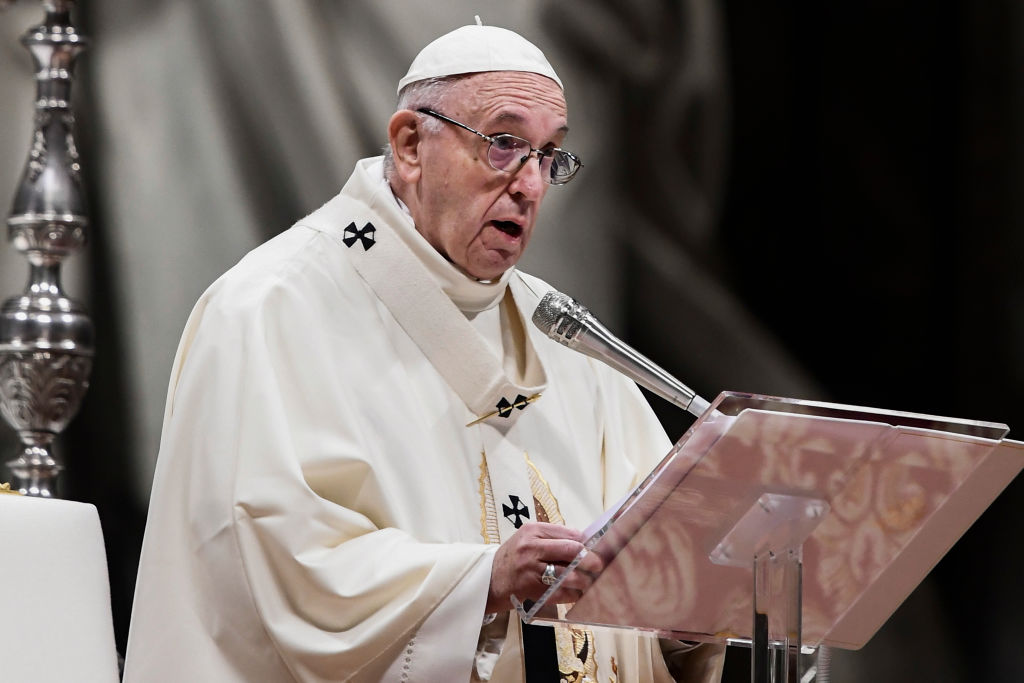 Pope Francis to abusive priests: 'Hand yourself over to human justice'
Pope Francis to abusive priests: 'Hand yourself over to human justice'Speed Read
-
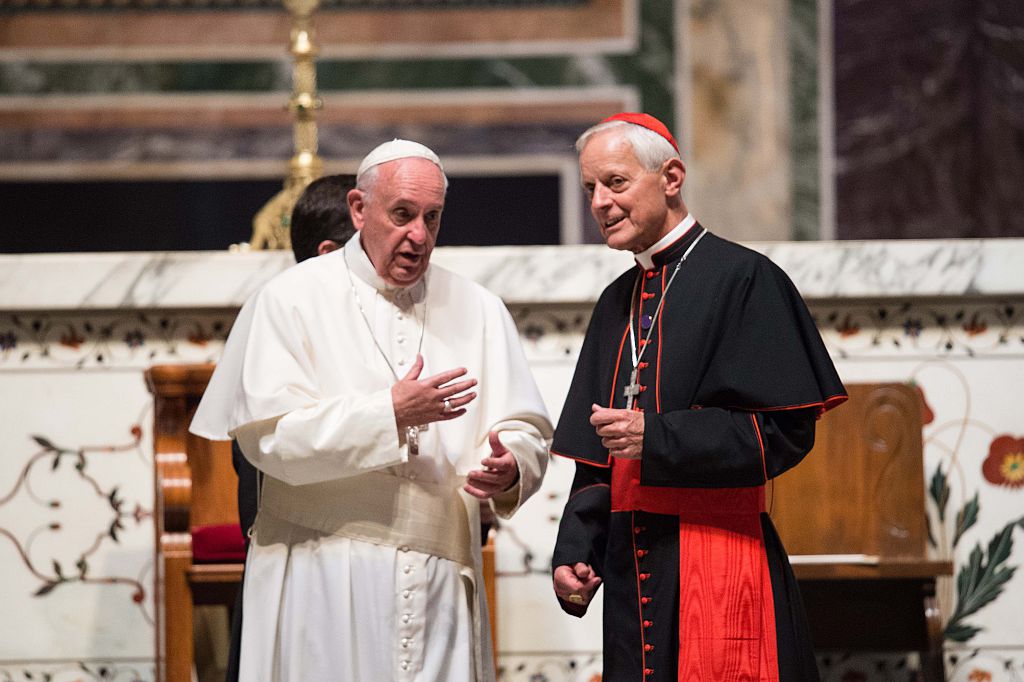 Pope Francis accepts resignation of embattled Washington Archbishop Donald Wuerl
Pope Francis accepts resignation of embattled Washington Archbishop Donald WuerlSpeed Read
-
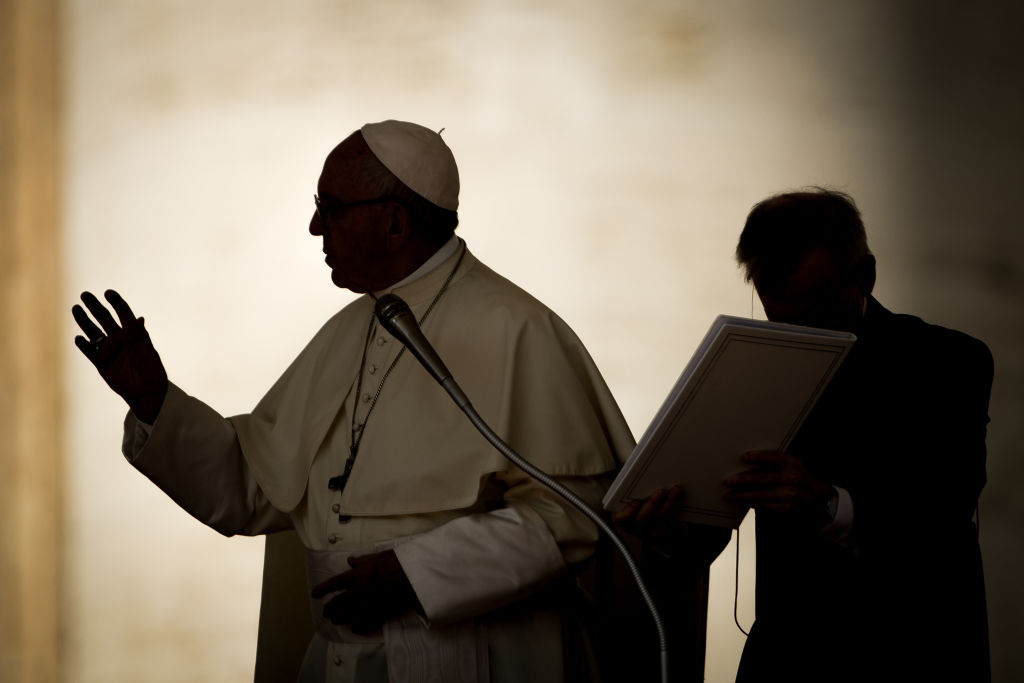 Pope Francis defrocks Chilean priest over sex abuse scandal
Pope Francis defrocks Chilean priest over sex abuse scandalSpeed Read
-
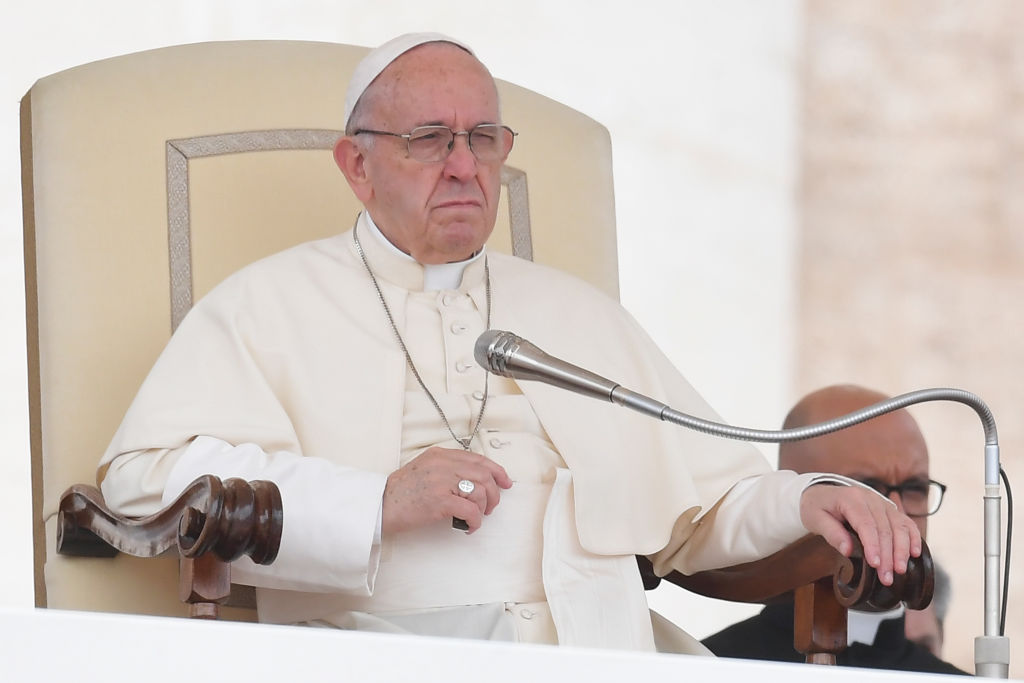 Pope Francis will meet with U.S. church leaders over clergy abuse
Pope Francis will meet with U.S. church leaders over clergy abuseSpeed Read
